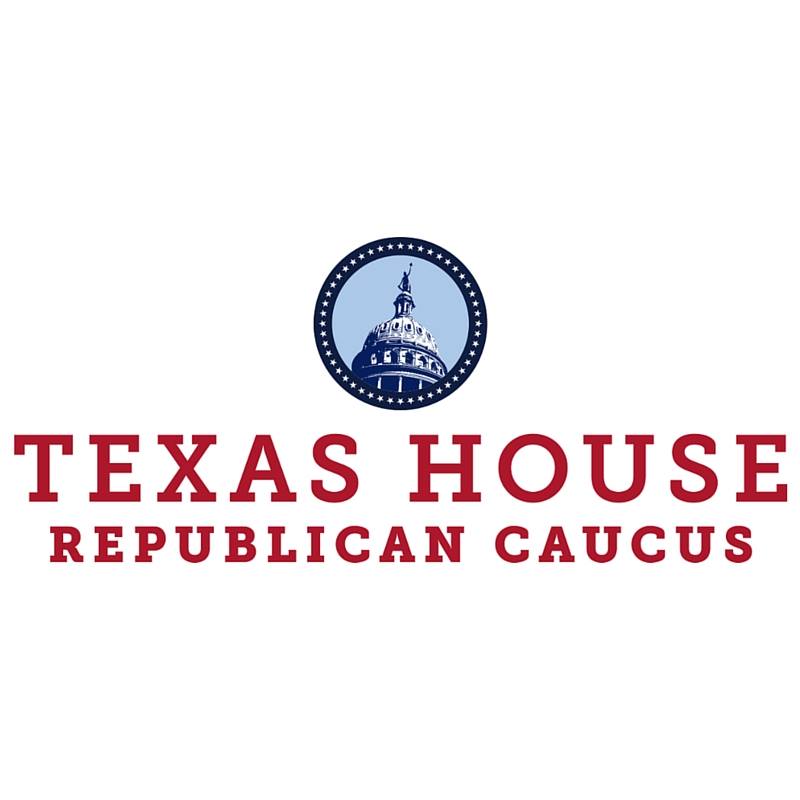House GOP Caucus Working Group Recommends Speaker Election Changes

The House Republican Caucus has circulated proposed changes to the caucus by-laws governing the process for the nomination of candidates for Speaker. The changes will be considered at a caucus meeting currently scheduled for December 1.
A working group composed of Reps. John Smithee, Todd Hunter, Dustin Burrows, Jeff Leach, and Chris Paddie drafted the by-laws change, which adds a by-alws provision requiring a majority of the Caucus to approve a Speaker Candidate. Any member of the Legislature may be nominated, and each candidate has ten minutes for nominating and seconding speeches, including any personal address to the caucus by the candidate. Voting for candidates would be conducted by secret ballot. If no candidate is elected on the first three ballots, the candidate with the least number of votes will be eliminated from subsequent ballots until a majority vote is achieved. The date of the election of a Speaker Candidate will occur in December, and the caucus shall issue a public statement declaring the candidate immediately after the election.
Because the Texas Constitution requires the Speaker to be elected by a vote of the members of the House, the caucus cannot bind its members to vote for a specific candidate in the election in the House itself. The proposed by-laws change addresses this issue by inserting in the statement of caucus purposes a provision calling for the Speaker Candidate to be the “person whom the members of the caucus should vote in favor of for the next Speaker of the House” (emphasis added). So, while the caucus election is non-binding, it nevertheless carries the unmistakable imprimatur of the majority party.
Want new articles directly to your inbox?
Subscribe to our Publishing Service.
SCOTX Grants Review of Beaumont Court of Appeals Decision (Mis)Applying Express Negligence Rule
In a case in which TCJL is likely to submit some of amicus commentary, the Texas Supreme Court has granted a contractor’s petition for review arguing that the Beaumont Court of Appeals erroneously applied the express negligence rule to a narrow-form indemnity...
SCOTX Grants Review in Challenge to Comptroller’s Single-Factor Apportionment Rule
The Texas Supreme Court has granted a taxpayer’s petition for review of an Austin Court of Appeals that upheld a Comptroller rule that governs sourcing of a taxpayer’s gross receipts for purposes of apportioning them to Texas for franchise tax purposes. NuStar Energy,...
Governor Abbott Announces Special Session Agenda
Governor Greg Abbott today issued a proclamation identifying 18 agenda items for the upcoming Special Session that begins at 12:00 PM on Monday, July 21. "We delivered on historic legislation in the 89th Regular Legislative Session that will benefit Texans for...
